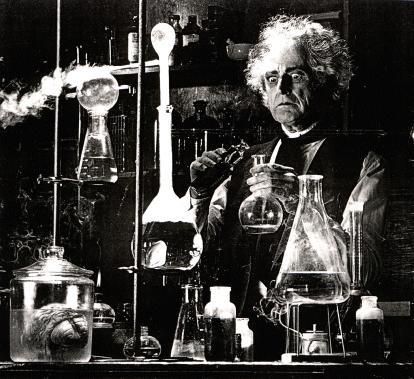Before Hugh John Macdonald was born in 1850, his parents Sir John A. and Isabella Macdonald had a son that died in infancy who that had named John Alexander after his father. John and Isabella had loved their first child dearly, so when Hugh was born they considered using his late brother’s names, but eventually the outcry of their relatives and Isabella’s apprehension led to them changing it, as many thought that it was inappropriate and unlucky to name Hugh for a dead sibling. They chose John A.’s father’s name Hugh and then added John as his second name, so he could also be named for his father and brother. Hugh was a relatively popular name at the time and means “mind” or “intellect” according to Nameberry.com, which fit the young Macdonald well, as he was an excellent student from a young age according to his father’s letters. Hugh’s second name, John, was later inherited by his son was born in 1885 to Hugh and his wife, Agnes Gertrude. Unlike his father, John Alexander “Jack” Macdonald was able to take his grandfather, Sir John A.’s, name. John was the top name for boys in the US, while in Britain it came in second only to William. Nameberry.com says that the name John means “God is gracious” in Hebrew and is the name of many significant Christian figures. It has been popular for centuries and is the root name for other popular monikers, such as Ian, Sean, and Evan, as well as Jack, which was the nickname that John Macdonald often went by. John’s second name Alexander was also in the top 100 names in the 1880’s and comes from Greek, meaning “defending men”. It was a popular name in Scottish families, like the Macdonald’s, as it had been common among Scottish royalty for many centuries.
Jack was not the only child in his family, nor the first to inherit a family moniker; in 1877 Hugh and his first wife, Jean, welcomed their daughter Isabella Mary, who they named after Hugh’s mother, Lady Isabella Macdonald. In the 1880’s the name Isabella was the 33rd most popular girls name in Britain according to British Baby Names.com. Meanwhile, her second name, Mary, was the most popular girls’ name both in Britain and the US all the way until the 1900’s. According to Nameberry.com the name Isabella is Italian/Spanish and is a version of the Hebrew name Elizabeth, which means “pledged to God”. Mary is also Hebrew and means “bitter”. Isabella Macdonald, however, was not generally known to friends and family as Isabella, with most calling her by her nickname Daisy. The nickname was supposedly given to her by a family friend who noticed that when she was playing in a meadow filled with daisies, her long blonde hair made her look like one of the flowers. The name Daisy was also a common legal first name for Victorian girls. The daisy flower is also symbolic of innocence and simplicity in the Victorian language of the flowers, which would have made the nickname great for a young girl.
There is nothing written about how Agnes Gertrude Macdonald got her names. However, we do know that Agnes means “pure” or “virginal” in Greek and was later latinised to being associated with “lamb” and holy purity. It was ranked 51st most popular in the 1880’s while Gertrude was more popular at 27th most common. Gertrude is Germanic and means “strength of a spear”. Both were fairly popular throughout Victorian times, but today aren’t still in the top 100 in the US or UK.
The history of surnames tends to centre more on things like a person’s occupation or family of the people who live in an area, particularly in England and Scotland. According to SurnamesDB, many Scottish surnames refer to the clan that the people who have them come from. The surname Macdonald is particularly popular as the Macdonald Clan was the biggest clan in Scotland and has had many notable members over the years, including the Macdonald family of Dalnavert. The name translates to “Son of Donald”, which indicates a chief of the clan from centuries ago. The name Donald itself means “Great Chieftain” in Gaelic according to Nameberry.com and in the 1880’s it was 122nd most popular in the UK too.
To learn more about Victorian names and to see just how popular your own name was one hundred and thirty years ago, go check out the American social security administration and British Baby Names.com. You can also use Nameberry.com and SurnameDB to learn what the history behind your name is and where it came from. Every name has a story to it, but it’s meaning is what you give it. To learn about the people that carried the Macdonald family name and the stories that their names told, drop by Dalnavert today.











